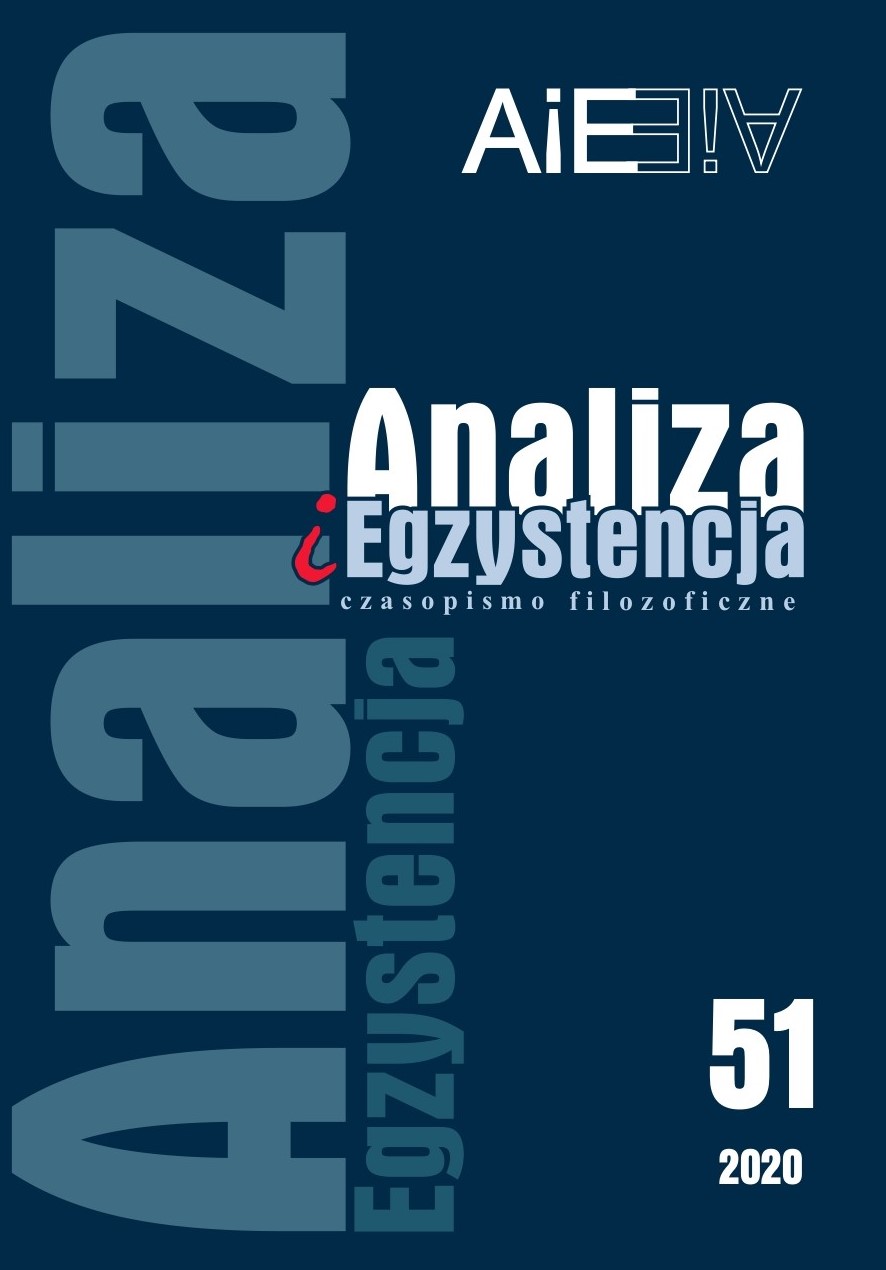Kant i Leibniz o fatalizmie i ślepej konieczności
Kant and Leibniz on fatalism and blind necessity
Author(s): Wojciech KozyraSubject(s): Philosophy, Philosophical Traditions, Existentialism, Analytic Philosophy
Published by: Wydawnictwo Naukowe Uniwersytetu Szczecińskiego
Keywords: Kant; Leibniz; fatalism; blind necessity; freedom; determinism; fatum
Summary/Abstract: The paper attempts to answer the question what is fatalism and blind necessity in the philosophical doctrines of Kant and Leibniz. My concern is with what precisely makes the necessity “blind”, according to these thinkers. In connection with this, I discuss the issue whether to “enlighten” necessity means to lower its degree. I answer this question in the negative. As to fatalism, I show that Kant’s and Leibniz’s denial of it should rather be taken for an expression of prudence than philosophy. Accordingly, I say what this denial entails but, more importantly, what it does not entail. In general, I argue that making it clear what such concepts like fatum, fatalism and blind necessity mean in Kant and Leibniz is a good landmark for a revised understudying of their – otherwise different, of course – conceptions of freedom.
Journal: Analiza i Egzystencja: czasopismo filozoficzne
- Issue Year: 2020
- Issue No: 51
- Page Range: 23-43
- Page Count: 21
- Language: Polish

